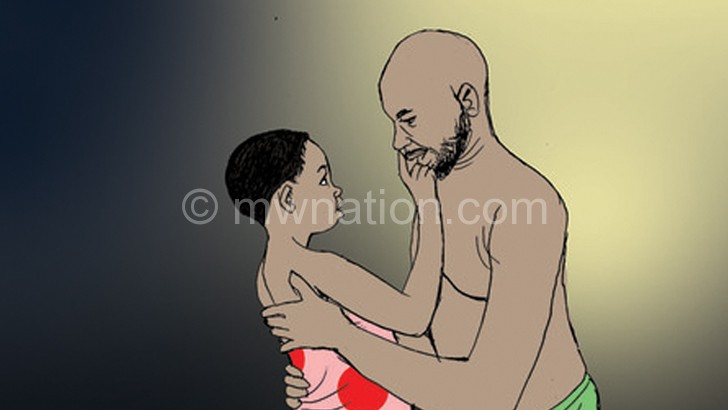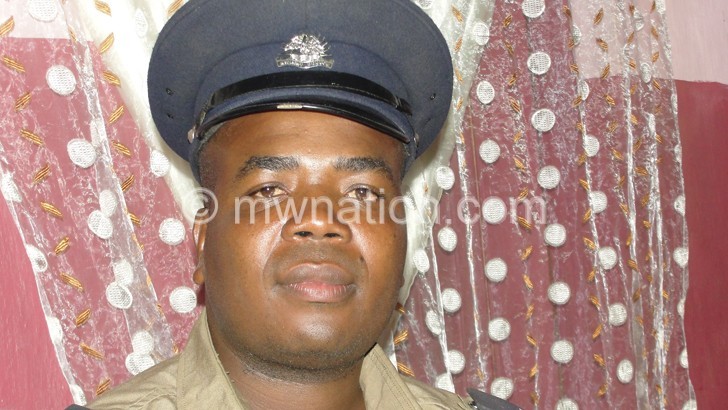3 girls defiled daily—report
Malawi has ended the commemoration of 16 Days of Activism Against Gender-Based Violence (GBV) with heartbreaking revelations that 1 045 children have been defiled between January and September this year.
The number translates to at least three children being defiled in a day.

National Police deputy spokesperson Alfred Chimthere said this in an interview yesterday in response to The Nation enquiry on fresh statistics on the status of defilement in the country.
He said most of the cases were recorded in the Southern Region.
Said Chimthere: “Let us all join hands in the fight against GBV. Eliminating it requires a multi-sectoral approach, including chiefs, the faith community, civil society organisations and all other stakeholders.
“We are bolstered with the role that the courts are doing in meting out stiffer punishments to GBV perpetrators.”
The new figures indicate an increase in defilement cases from last year when the country recorded 984 cases of sexual violence out of a total 10 585 GBV cases recorded in that year. In 2021, the police recorded 2 387 cases of defilement, an increase from 2 343 cases reported in 2020.
Commenting on the development, human rights lawyer and child rights advocate Alexious Kamangila said defilement is a crime that is rooted in moral turpitude.
He said specifically, the statistics reveal the State is failing to create mechanisms to protect the girl child. While parents and guardians also fail to protect their children.
“Apart from children being exposed to dangerous environments, some children are being defiled by their father, uncle, brother, cousin which is so ridiculous/scandalous because these naturally should be safe spaces for protection not harm,” said Kamangila.
He called for more investment and coordination in child protection from both government and civil society.
Meanwhile, child rights activists have described the development as worrying, saying it is an indication that despite the country having legal frameworks and other supporting instruments to protect its children, the reality on the ground is different.
YouthNet and Counselling (Yoneco) executive director MacBain Mkandawire said through its Tithandizane Helpline, they register an average of five to six defilement cases a day.
“These are reported cases, how about those that remain unreported,” he said, further calling for a study to establish what exactly draws some adults to sexually abuse children.
While acknowledging that increased reporting of the cases has resulted in an increase in recorded cases, Mkandawire decried lack of support towards the victims in terms of protection, care and psychosocial support.
On his part, child rights defender and Bwenzi La Mwana Foundation executive director Amos Chibwana describes the development as unfortunate and sad.
“As a country, we must appreciate the law, acts, policies and other relevant legal instruments that we have. However, the problem has been application of these laws so that our children are protected. Enforcement of these laws must be enhanced, this will punish perpetrators and deter offenders,” he said.
Chibwana highlighted that if left unchecked, the nation risks nurturing a traumatised generation.
The Ministry of Gender was not immediately available to comment on the matter.
Parliament last year amended Section 138(1) of the Penal Code to increase defilement age from 16 to 18. Previously, the law prescribed defilement as having carnal knowledge of a female under the age of 13 years.
Ministry of Gender, Community Development and Social Welfare said the amendments were mainly on the definition of a child and the minimum age for marriage.






One Comment